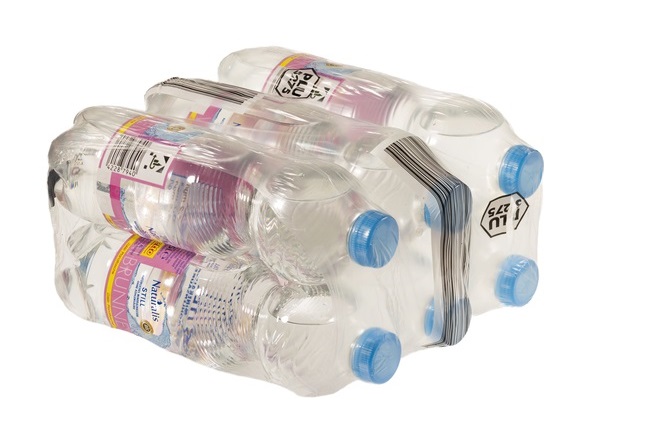COMPANIES are forced to adjust and rethink their approaches during these COVID-19 times. The agility to change or reverse course is key, says Dr Manfred Tacker, Head of the Packaging and Resource Management Section at FH Campus Wien.
The situation is reminding consumers of the important functions of packaging, says Dr Tacker. “Hygiene and the ability to store things for a long time are especially important right now. We can anticipate some kind of trend reversal in the short term—whereas before the retail sector has been eliminating packaging, it is now reintroducing it to protect food from contamination, make its safe transportation possible and guarantee optimum product shelf lives.”
Dr. Tacker also sees the use of single-use bottles as the stop-gap measure in the beverage sector.
“The reusable packaging systems in some countries are coming under pressure. People are buying more beverages and are stockpiling mineral water in particular. Reusable bottles are therefore circulating more slowly, so the pool systems lack the bottles that they would normally be refilling. In Germany, companies are already encouraging the consumers to return empty bottles. With single-use bottles, you can respond to fluctuations in demand more quickly and can cover the needs in exceptional circumstances more flexibly.”

More packaging is being introduced during the COVID-19 pandemic for increased product protection
This is not to say though that the issue of sustainability would take the back seat. As Dr Tacker quickly clarifies, “I believe the trend in the direction of sustainable packaging is solid—not even the current crisis will be able to turn this around. But consumers are now seeing hygiene, which was previously not so pressing, as a major asset. And hygiene is precisely what packaging makes possible—something which certain types of packaging could certainly benefit from.
Long-term, he sees a “rethink in the areas of value chain and delivery reliability”.
“Governments and businesses will increasingly look at how supply chains can be made more resilient to crises. Who could have imagined closed borders across the European Union? This speaks in favour of local production and regional partnerships.
“It is here in particular that a functioning circular economy can play its part. If valuable materials can be kept within the cycle and used packaging can be recycled and processed into new packaging, this would reduce our dependence on deliveries of materials from around the world. When this works well at the regional level, you have better control of the supply of resources and are not solely reliant on imported virgin material, for example. As we know, this already works with PET—enclosed cycles are easy to realise with the technologies already available. If this argument of an easily recyclable material could be combined with the environmental benefits of a packaging solution as is the case with PET bottles, this could constitute an attractive overall package in the future.”














